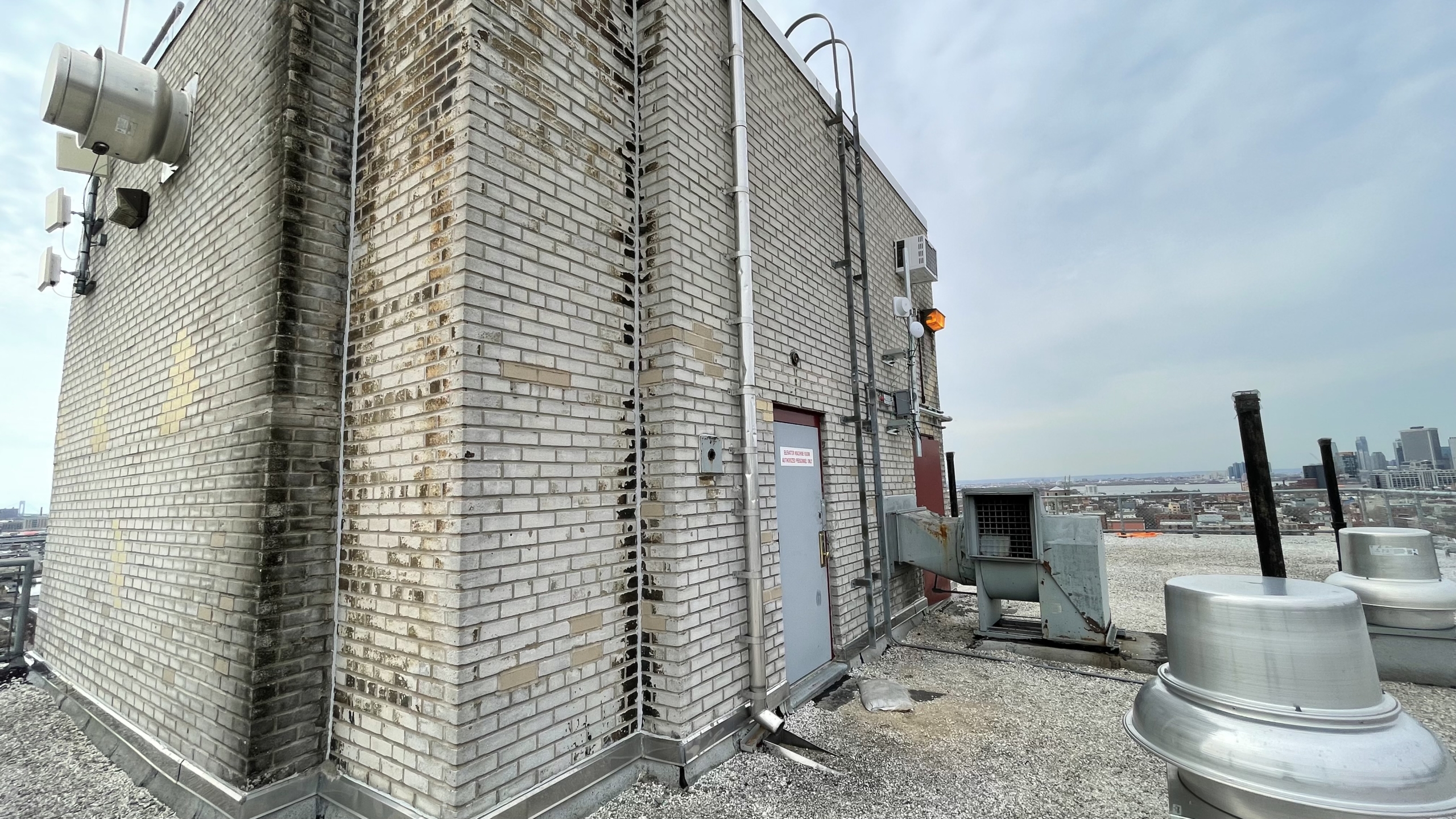
NYCHA’s Physical Needs Assessment is an accounting of the short-term and long-term capital needs, including apartment, architectural, electrical, mechanical, and site needs for each development. These estimates help inform the capital planning for infrastructure improvements, modernization, and other systematic upgrades. As a subconsultant, SI Engineering, P.C. (SIE) performed a comprehensive inspection of NYCHA’s portfolio of housing developments and non-residential facilities.
SIE’s responsibilities included visually inspecting and identifying deficiencies in 100% of each site, including all buildings, exterior surfaces, all interior spaces, all surrounding land within the developments’ property lines which is part of the site, and all building systems and components. Inspection reports, including photographs and overall condition ratings, were required. Other elements of the PNA included performing data analysis and modeling that updated the previously performed PNA to reflect the expected current state, as well as presenting the PNA’s findings to various stakeholders.
The 2022 PNA team included over 60 team members, inspecting over 3,300 apartments and 400 building reports in over 30 NYCHA developments in the five boroughs of New York City. This was eight-month fast-track project that provided inspections on thousands of systems and components in the NYCHA infrastructure. These inspections provided detailed analysis and verified the repair or replacement of these components. In addition, a timeframe was established for addressing the repair and replacement of the components. Inspectors were responsible for identifying hazardous conditions such as malfunctioning smoke detectors, tripping hazards, exposed wires, and related issues for immediate dispatch to NYCHA personnel and staff.
Inspectors were trained for two weeks in the office and in the field. This included lectures, quizzes, break-out sessions, safety training, presentations, and field time to prepare the inspectors for a comprehensive efficient inspection process. During the inspections period, inspectors attended weekly ‘Charge Meetings’ that provided additional training to assist with quality control and efficiency.
